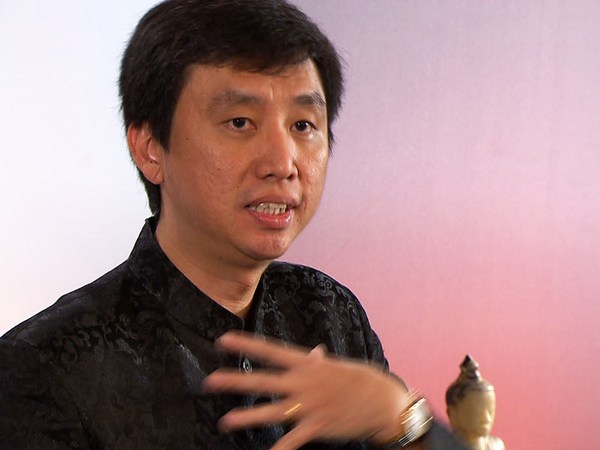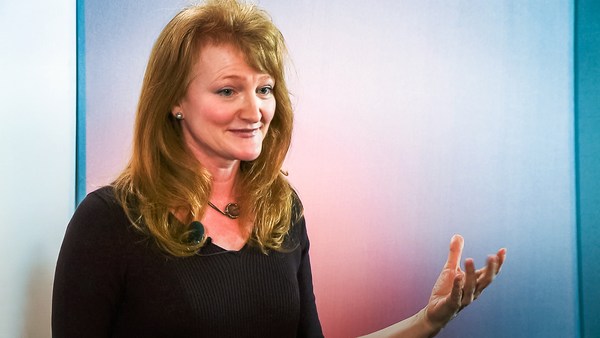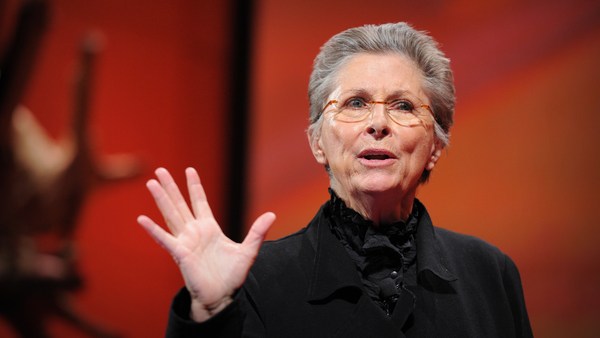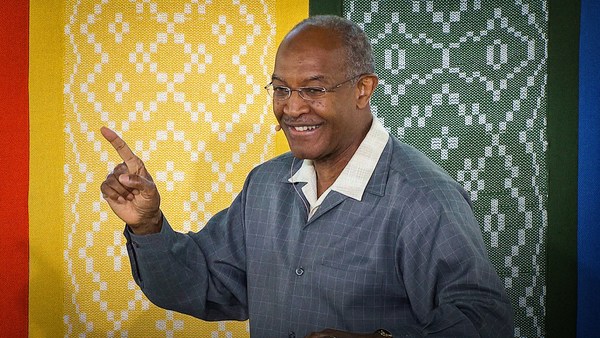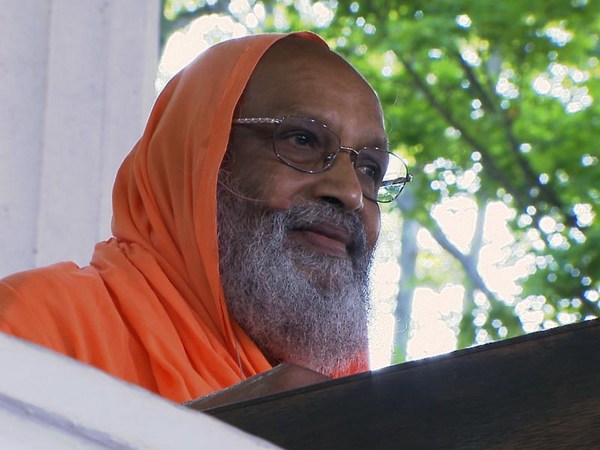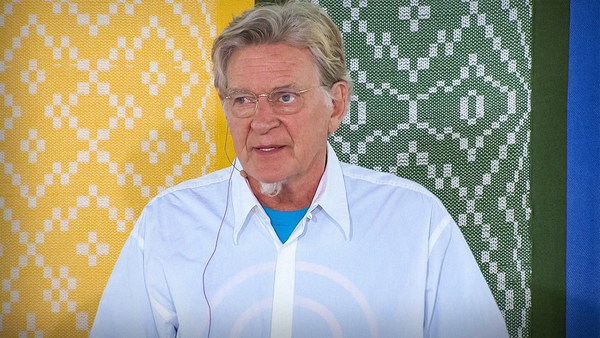I was a 12 year old mean girl, (Laughter) insecure, self-conscious about my appearance, wanting to be with the most popular girls. In two clicks, now, maybe not as bad as this. (Laughter) I was no Lindsay Lohan, but I knew that I lacked some things that maybe I didn’t learn at home. It wasn’t until one person changed my life that I moved away from who I was on a path to become. It was the middle of a school year, and a young woman named Hannah arrived. Hannah was what we called in 1965 “from a broken home”, but it was worse than that. Of course, we girls sat around the lunch table, didn’t talk to Hannah, but something inside of me told me I needed to do that. One day, when the girls were off doing something and I wasn’t part of it, I approached Hannah and I began to talk to her, and to confide in her and to allow her to trust me. She told me a story that, in 1965, wasn’t something I was used to about a family of neglect, about of her own emotional and physical abuse. I didn’t quite know what to do, but I knew I had to become her friend. I did what I could to leave the mean girls, and to really create a lifelong friendship with Hannah. I sewed clothes for her, I brought her food, I could do what was within my abilities. But it taught me something that I hadn’t learned up till then, and it was about compassion. When I think about mean girls, the funny thing about mean girls is mean girls grow up to be mean women. And we all ought to think about that because when we experience exclusion or ridicule or even comments about our hair and our weight, those are often from women. But I’m going to leave that chapter behind to talk about what really inspired me. And that was a quote that I read from Albert Schweitzer that I love and continue to reflect on, hat the purpose of human life is to serve and to show compassion and the will to help others. I didn’t know quite how that would translate for me in terms of my life. I knew I wasn’t destined or suited to be somebody who was in direct care, like a teacher or a social worker or a doctor or a nurse. My own sister became a teacher. Hannah, in fact, became a psychologist. But I couldn’t quite peg how I felt and how that would translate into a lifelong career. I’ve spent 46 years working in the public sector and in health care. And I realize when I look back that I was motivated to care for the people who care for other people. So while I didn’t have the tools to be hands-on throughout my career, it was about recognizing some of the most amazing people that worked in various levels of government, that worked hands-on in health care, and they are the inspiration for me, for my career. COVID is a very emotional stage of my life, and I want to share with you why and why it’s brought me to this stage. I worked at a large medical center in New York City. I was the Chief Operating Officer. And while, again, I wasn’t taking care of that first wave of patients; we actually got our first patient on February 28th of 2020 before anyone other than the West Coast experienced; but I was in charge of helping everybody: 2600 doctors, tens of thousands of non-physicians, see their way through to caring for wave after wave of patients. We housed them, we fed them, we found PPE for them, we helped them with their mental health needs. And for me, it became an obsession. There are people in this audience today who helped me through that because obsessions are never healthy, no matter how they’re driven by your desire to be compassionate and to serve others. I made a contract with one of my friends, and it was that we would retire at the end of the COVID pandemic and we would go off and do great things. Well, I’m here to tell you that I broke the contract. (Laughter) I’m really proud of the work that not only I do, but so many other people do in service to others. Because there’s no question that while COVID was an epidemic that related to our bodies, it also impacted our minds, it also impacted the entire fabric of society in the United States and globally. And it has changed us. I want to call to you today to think about how it’s changed you and what we can do about that. There’s no question that post-COVID, if we can call it that, we’ve seen an epidemic in the United States of mental illness, drug addiction, suicide, and so many other conditions. We can’t keep walking by them, we have to re-engage. These are a couple of shots that I took just on the New York City subway a few weeks ago, and we do walk by them. So as I enter my 70th year and my children and my friends are all interested in me taking a break, I made a decision to reconnect and re-engage. And I’m really proud of being asked to run a very large safety net health care system here in Colorado. And it’s no question that I’ll be working well into my mid 70s because I don’t make commitments and not honor them. So, what does that mean to me and what does it mean as a lesson to all of you? I’m not asking you to come to work for me or for any other health care system, but I am asking you to think about how you could reconnect. There’s lots of ways we can do things. If you've looked at any of the data, not only are some of those social conditions endemic, but we’ve withdrawn a little bit as humans - our personalities are different, we perhaps have become more introverted, we maybe aren’t giving as much because God knows that inflation has eaten into almost everyone’s pocketbooks. But I ask you to think about how you can make a minor difference. It could be volunteering. It could be donating money. It could be committing yourself to just taking care of yourself because at the end of the day, I think I realized that I needed a little bit of mental health myself. I want to remind you of what Albert Schweitzer said, that the purpose of human life is to show compassion and the will to serve others. Now, these are some of the ways that you might think about doing that. There are numerous organizations around the country where a little bit of effort, particularly as we move into various seasons of giving, that I’d love for you to think about. I’m no longer a mean girl. (Laughter) (Applause) I actually have some amazing friends and wonderful family and great co-workers, and I want to make sure that even in the smallest ways that I express my gratitude to them and that I do everything that I can to help us all. It is time to reconnect. It is time to reset. Thank you very much. (Applause)
